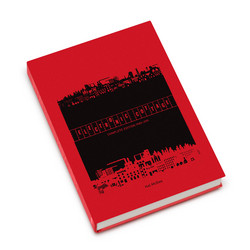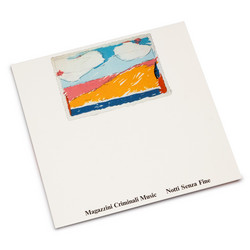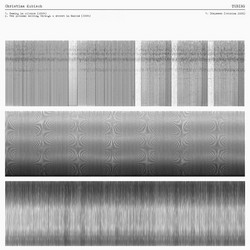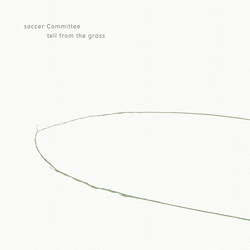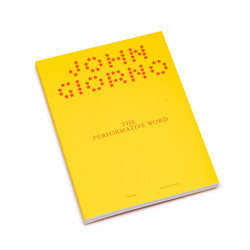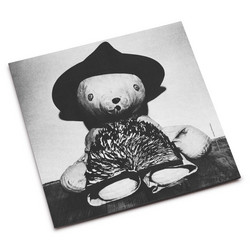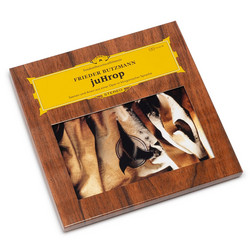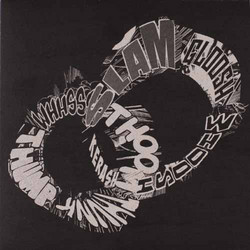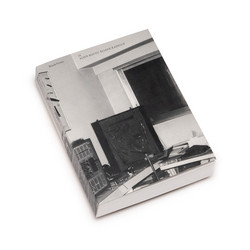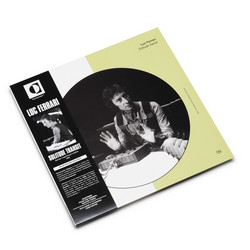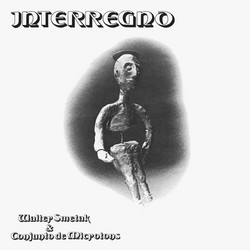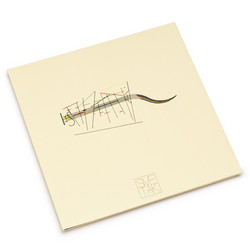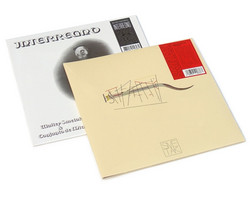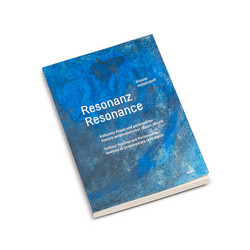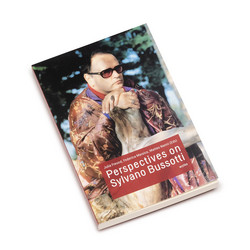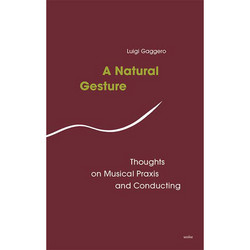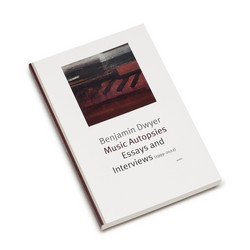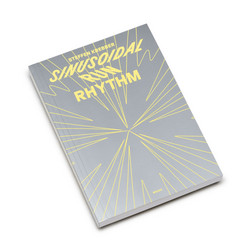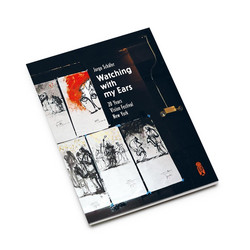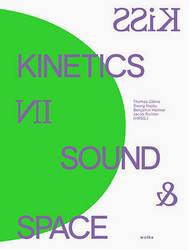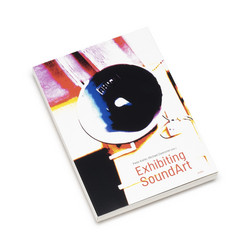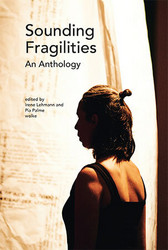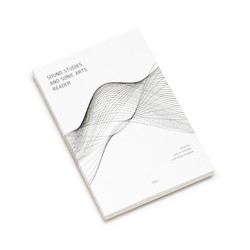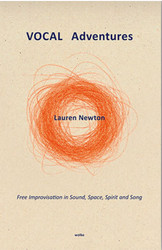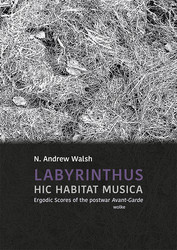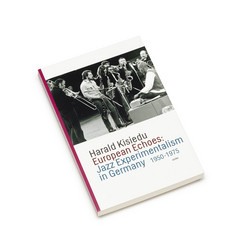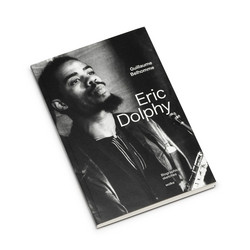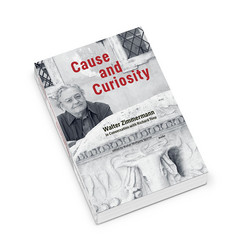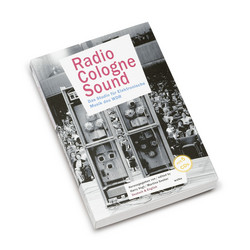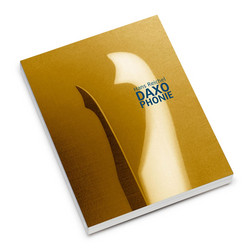Walter Smetak
Smetak Inventions: The Interfused Realms of Inventor, Sound Artist, and Musician Walter Smetak (1913-84)
Musician and inventor Walter Smetak, who emigrated to Brazil in 1937, is one of the most important protagonists of sound art and experimental improvisation of the Brazilian avant-garde of the 1960s–80s. His work continues to have an impact today. Forming the core of his creative output are more than 100 instruments and sound sculptures that he invented and built himself, his so-called »Plásticas Sonoras«. His work also includes numerous compositions, sound recordings, books, poetry, writings, and plays that are a testament to his integrative, associative spirit. Although Walter Smetak is not widely known in Europe and North America and his music and instruments were heard only infrequently, he was one of the most important figures in Brazil of a counterculture and a highly active artistic community in Salvador de Bahia with strong interdisciplinary underpinnings.
The publication Smetak’s Inventions, edited by Julia Gerlach, provides an overview of the research and exhibition materials presented in the project Re-inventing Smetak (organized by the DAAD Artists-in-Berlin Program and Ensemble Modern in cooperation with the Goethe-Institut). Its goal is to make this extraordinary artist, his networked thinking, and his creative personality that yearned for transformation accessible to both a broader German- as well as English-speaking readership. In addition to the »Plásticas Sonoras«, this publication is dedicated to three central themes in Smetak’s oeuvre: first, the symbolism of his sound sculptures and instruments, made evident in particular in his book Simbologia dos Instrumentos and his composition M 2005; secondly, the Projeto do Estudio Ovo, a egg-shaped sound and listening studio uniting many of his sonic and acoustic visions as well as his interests in resonances, miking, amplification, microtonality, and space. And finally, the term »Caossonância«, which describes a cosmic, meta-acoustic state superior to consonance and chaos, in which light is transformed into sound.

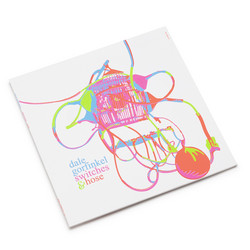
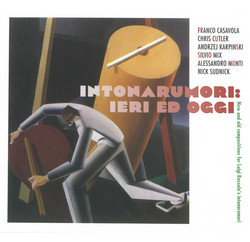
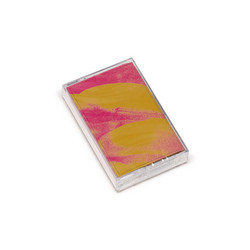
![data-cosm [n°1]](https://cdn.soundohm.com/data/products/2026-02/ikedda-data-cosm-1-jpeg.jpeg.250.jpg)
